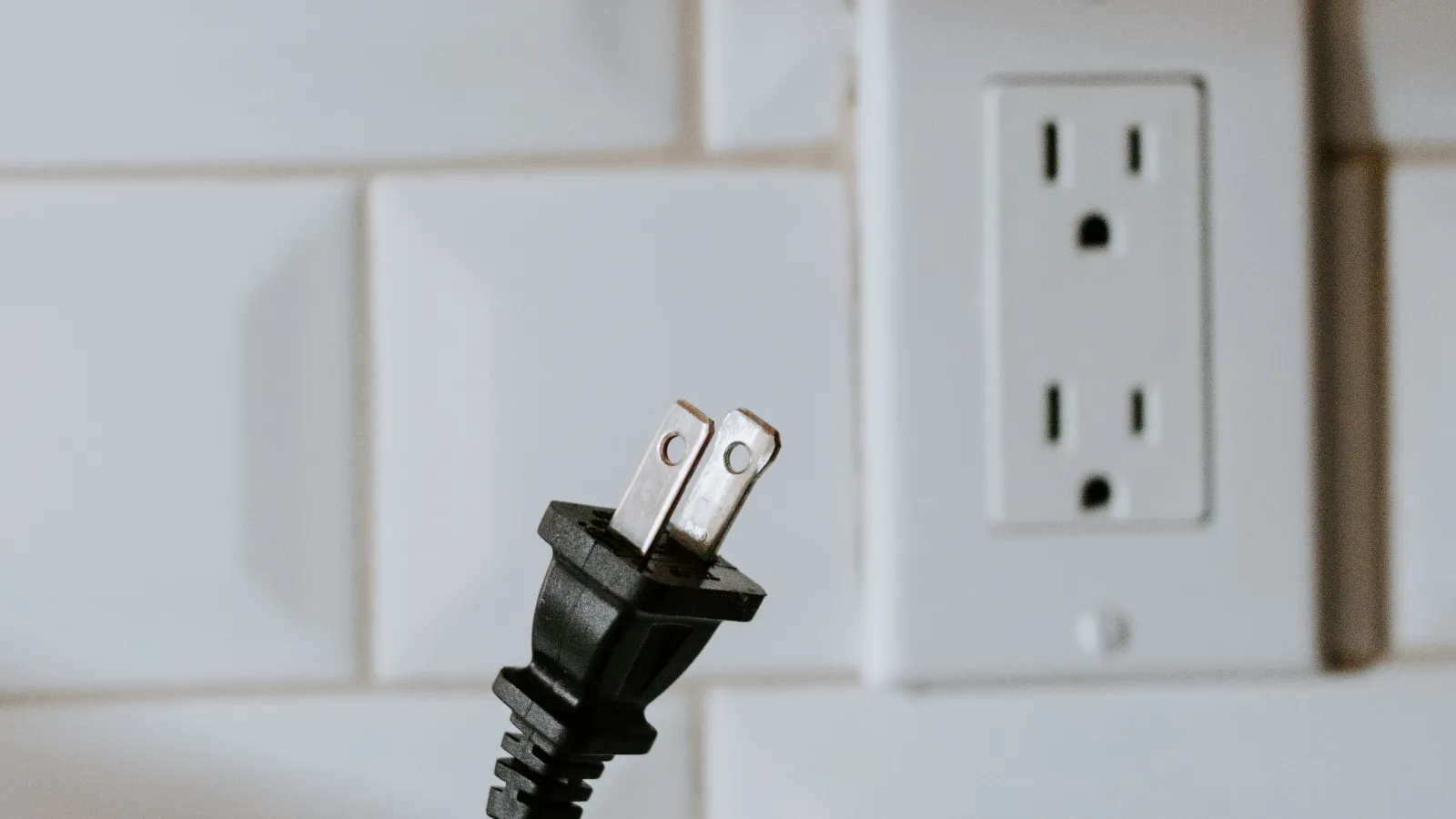Avoid an Electric Surge During the Holidays

The holiday season is a great time of year. We celebrate the season with friends and family. We eat wonderful food. And yes, we even receive a few gifts. However, the holidays present a few problems as well. For example, classic holidays meals generally create some big clogged drain issues. Also, holiday decorations create strains on your electrical demands. As a result, help keep your home safe and avoid an electric surge during the holidays (like the Griswolds).
Additionally, during the holidays, many homeowners increase the risk of electrical fires and other related accidents. As a result, the ESFI provides some simple electrical safety tips. After all, we cherish the holiday season and the last thing we want is an avoidable accident to happen.
What Is an Electric Surge?
Do your lights randomly dim when you turn on another device?
If so, you likely experienced a minor electrical surge. Although many homeowners instantly think about lightning when hearing "electrical surge", routine shocks occur all the time. In fact, routine shocks, such as the utility company switching grids or excessive demand on the grid cause the most damage.
For example, mini-shocks, such as dimming lights occur throughout the day. Imagine similar events occurring and the resulting wear and tear on your home appliances over time. As a result, homeowners should understand the 5-95 rule. Basically, lightning strikes cause 5% of electrical damage and other sources cause 95% of damage.
Interestingly, the average home has about 20 energy spikes (or electric surges) a day. These short electrical disturbances often go unnoticed. For example, light or computer screen may flicker due to a small spike. However, other volatile spikes may cause significant damage, such as a wrecked TV screen. Plus, these mini-shocks reduce the life of your appliances!
And during the holidays, as homeowners decorate with lights and more, the demand on the electrical grid only increases!
Whole House Surge Protectors Help Avoid an Electric Surge
The phrase "surge protector" makes many homeowners think about power strips. However, not all power strips include surge protectors. And, there are many more types of surge protectors than the simple power strip. For example, whole house surge protectors help prevent electrical shocks from flowing through to electrical devices within your home. Interestingly, whole-house protection helps with more than preventing damaging electrical shocks!
"Whole house surge protectors protect your home and bank account because they are an inexpensive way to increase the life of your major appliances by about 30%. In addition, many insurance companies offer discounts for homes with surge protectors."
For example, esurance, the national insurance company, describes the dangers (and cost) that an electrical surge presents.
"Each year, the cost of lightning strikes combined with faults in the utility lines feeding power to homes adds up to millions of dollars of damage to electrical systems throughout the country. If a surge were to strike, virtually every electrical appliance in the home could be damaged or lost. Comprehensive surge suppression strategy is the best way to ensure whole-house protection."
As a result, they recommend lightning rods, surge arrestors, or surge suppressors to help prevent damage from an electric surge.
Preventative Steps to Avoid Electric Surge Damage
Adding a whole house surge protector provides year round protection and peace of mind. However, homeowners can take some additional steps to help reduce their electrical demands during the holidays.
- Avoid overloaded outlets and extension cords.
- Keep any electric baseboard heaters unobstructed.
- Decorate with LED lighting.
Finally, our demand for more electronics only increases (and more holiday gifts likely mean the need for more outlets). As a result, Snappy is offering a free USB outlet to help keep everything charged and everyone happy!
Snappy Makes Homes (& Homeowners) Happy
An electric surge can occur at any time, but the odds increase as demand on the grid increases. And electronics remain pretty vulnerable. However, they are not the most expensive to replace. For example, depending on the strength of a surge, the power can damage household appliances. Think about the washer, dryer, refrigerator, furnace and A/C unit! All of items have circuit boards operating the advanced options included with these modern appliances.
Snappy offers licensed electricians that assess your home electrical system and determine the best surge protection options available to protect your home. Plus, all of our equipment comes with a money-back guarantee if it fails to protect your home.
We think it's a no brainer!

